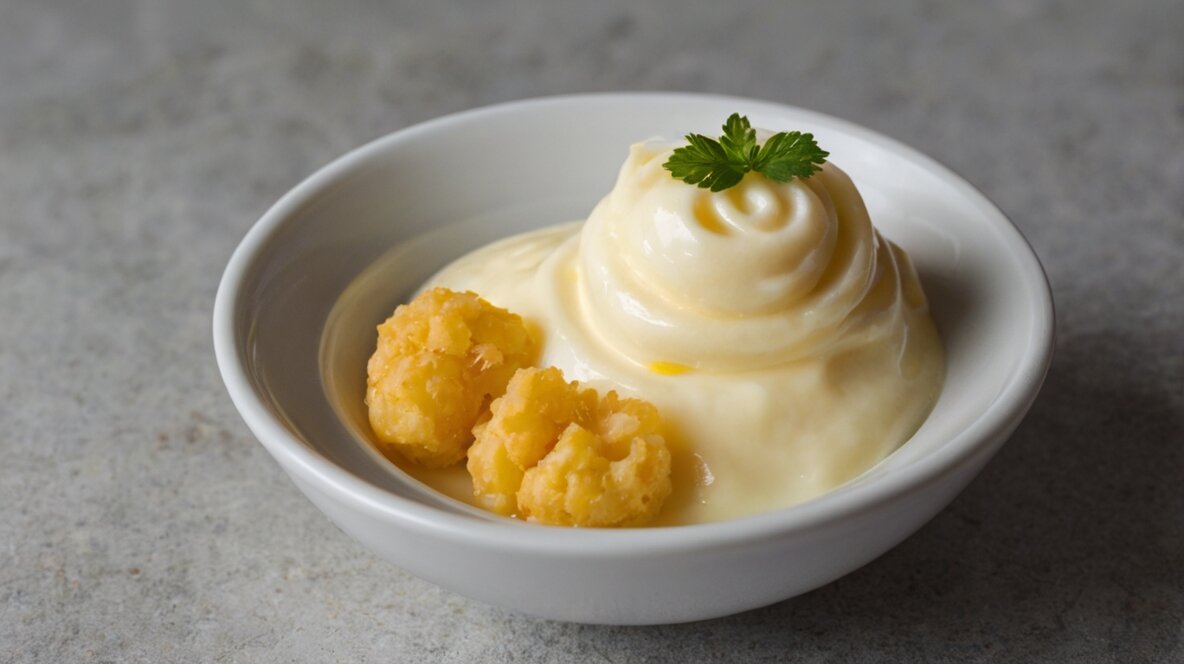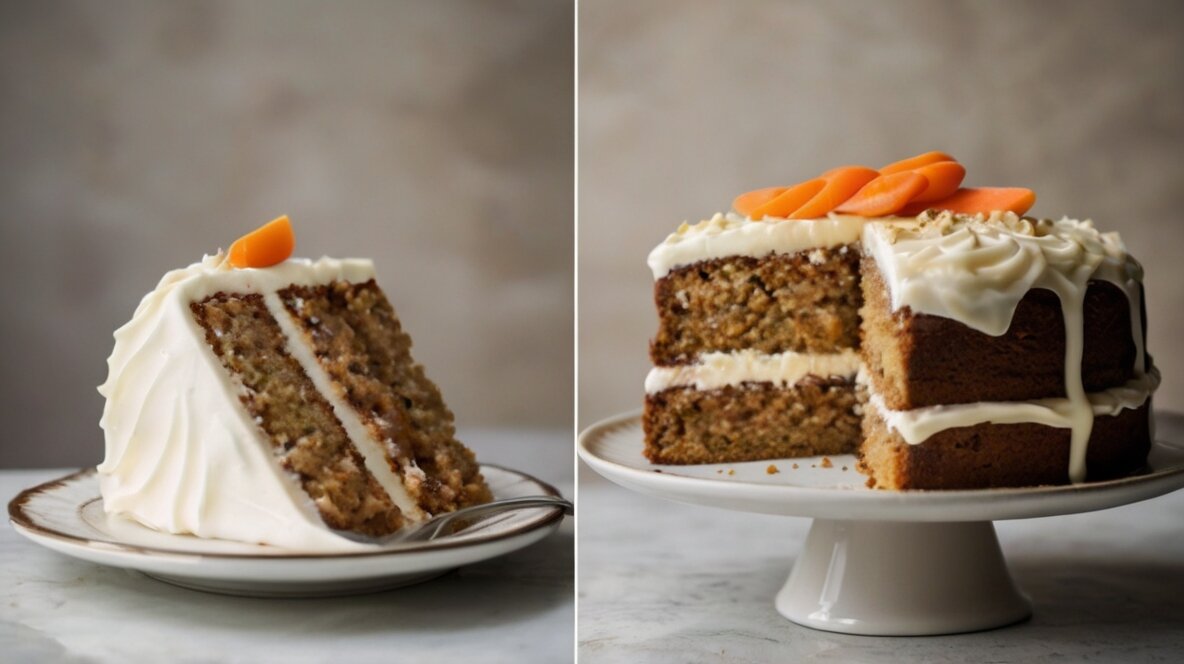Table of Contents
Introduction
Dogs Eat Bacon Grease? As pet owners, we often want to spoil our dogs with treats, especially when they beg with those irresistible eyes. Bacon grease, with its tantalizing aroma, may seem like an indulgent snack, but should dogs eat it? The simple answer is no—bacon grease is not safe for dogs. While it might be tempting to give in and let your dog lick up the remnants of a greasy skillet, the health risks far outweigh the momentary pleasure your dog might experience.
Understanding the dangers of bacon grease and learning what to do if your dog consumes it is crucial for any pet owner. In this article, we’ll explore the potential health risks and provide expert vet tips to keep your furry friend safe.
What is Bacon Grease?
Bacon grease is the leftover fat produced when bacon is cooked. It’s a concentrated source of animal fat and contains high amounts of saturated fats, cholesterol, and salt. While some people use bacon grease in cooking for added flavor, it is by no means a healthy option for dogs.
Nutritional Value of Bacon Grease
Bacon grease is extremely calorie-dense, with most of its calories coming from fat. A tablespoon of bacon grease contains around 115 calories and 12 grams of fat, most of which are unhealthy saturated fats. It has minimal nutritional value and provides no real benefits to a dog’s diet, only harmful effects.
Why Do Dogs Love Bacon Grease?
Dogs have a strong sense of smell, and the rich, smoky scent of bacon grease can be incredibly appealing to them. Like humans, dogs are drawn to fatty, salty foods, and bacon grease ticks all the boxes. It’s easy to see why they might beg for a taste.
Natural Instincts and Cravings
Dogs, by nature, are scavengers. In the wild, they would consume fatty parts of prey to gain energy. However, the high levels of fat and salt found in bacon grease are far beyond what their bodies are designed to handle.
Is Bacon Grease Safe for Dogs?
While some pet owners might assume that “a little grease won’t hurt,” veterinarians overwhelmingly agree that bacon grease is not safe for dogs. Even small amounts can lead to digestive upset or more severe health issues.
Short-Term Effects of Consuming Bacon Grease
If a dog consumes bacon grease, the immediate effects could range from mild to severe depending on the quantity. Some common short-term effects include:
- Diarrhea
- Vomiting
- Lethargy
- Dehydration
These symptoms can escalate, especially in smaller dogs, whose systems are more sensitive to fatty foods.
The Health Risks of Bacon Grease for Dogs
High-Fat Content
The high-fat content in bacon grease can be extremely harmful to dogs. Fatty foods like bacon grease can disrupt their digestive systems, leading to issues like diarrhea or vomiting. More worryingly, it can also cause pancreatitis, a painful and potentially life-threatening condition.
Risk of Pancreatitis
Pancreatitis occurs when the pancreas becomes inflamed due to the sudden ingestion of fatty foods like bacon grease. This condition can be incredibly painful for dogs and often requires immediate veterinary attention.
Digestive Issues
Aside from pancreatitis, dogs can experience gastrointestinal distress after eating bacon grease. Even in small quantities, the fat and salt content can cause diarrhea, dehydration, and stomach cramps.
Long-Term Consequences of Eating Bacon Grease
Obesity
Frequent consumption of high-fat foods like bacon grease can contribute to obesity in dogs. Obesity puts additional strain on their joints and can lead to other serious conditions like arthritis, diabetes, and respiratory problems.
Heart Disease
The saturated fats in bacon grease are not just bad for humans but also dogs. Over time, a diet high in fat can clog arteries and lead to heart disease, putting your dog’s health in grave danger.
Chronic Pancreatitis
If a dog repeatedly consumes fatty foods like bacon grease, they may develop chronic pancreatitis. This ongoing inflammation can reduce their quality of life and require ongoing medical treatment.
What Happens If a Dog Eats Bacon Grease?
If your dog accidentally eats bacon grease, you’ll need to monitor them closely. Immediate symptoms to watch for include vomiting, diarrhea, bloating, or lethargy. These are signs that your dog is having trouble digesting the grease and may need medical attention.
When to Call the Vet
If your dog shows signs of severe distress, such as repeated vomiting, extreme lethargy, or signs of pain, contact your vet immediately. Pancreatitis can develop quickly, and early intervention is critical to your dog’s recovery.
Can Small Quantities of Bacon Grease Be Safe?
While some pet owners believe that small amounts of bacon grease won’t harm their dogs, the truth is that it’s best to avoid it entirely. Even small amounts can upset a dog’s stomach and may trigger more serious health conditions.
Safe Alternatives to Bacon Grease
Instead of giving your dog bacon grease, consider healthier alternatives that still satisfy their craving for flavor. You can offer small amounts of cooked, lean meats like chicken or turkey, or even sprinkle a small amount of olive oil on their food for added flavor without the health risks.
Pancreatitis in Dogs: A Major Concern
What is Pancreatitis?
Pancreatitis is a condition where the pancreas becomes inflamed and swollen, often due to the ingestion of fatty foods like bacon grease. It can be acute or chronic and leads to symptoms like abdominal pain, vomiting, and diarrhea.
How Bacon Grease Can Trigger It
Bacon grease’s high-fat content is one of the primary triggers of pancreatitis in dogs. Dogs who are predisposed to pancreatitis or have a history of the condition are especially at risk.
Foods High in Fat that Should Also Be Avoided
Bacon grease isn’t the only fatty food that can harm dogs. Other foods that should be avoided include:
- Sausages
- Butter
- Cheese
- Fatty cuts of meat
- Fast food
These foods are not only high in fat but also contain other ingredients like salt, spices, and preservatives that can be toxic to dogs.
Alternatives to Bacon Grease for Dogs
Healthy Fats for Dogs
There are healthy fats that are beneficial to dogs, such as those found in fish oil, flaxseed oil, and lean meats. These fats support a dog’s coat, skin, and overall health without the risks associated with bacon grease.
Safe Treats and Flavorings
Consider using low-fat broth, pumpkin puree, or even plain yogurt to add flavor to your dog’s meals. These options are far safer and can even provide additional health benefits like improved digestion.
Vet-Recommended Dietary Guidelines for Dogs
Nutritional Needs of Dogs
Dogs require a balanced diet rich in protein, healthy fats, vitamins, and minerals. While some fats are essential for their health, they should come from good sources like fish oil or lean meats.
What Fats Are Healthy for Dogs?
Healthy fats include omega-3 and omega-6 fatty acids, which can be found in fish, flaxseed, and certain oils. These fats are crucial for a dog’s skin, coat, and immune system, and they don’t carry the same risks as bacon grease.
What to Do If Your Dog Accidentally Eats Bacon Grease
If your dog consumes bacon grease, act quickly. Encourage them to drink water and monitor their behavior closely. If they begin showing signs of distress, contact your veterinarian.
Immediate Steps to Take
- Remove any remaining bacon grease from their access.
- Offer small amounts of water to help with digestion.
- Watch for any signs of illness or discomfort.
At-Home Remedies vs. Vet Care
While some minor digestive upset can be managed at home with rest and hydration, severe cases or signs of pancreatitis require immediate veterinary care. Never hesitate to seek professional advice if your dog is unwell.
Healthy Treat Options for Dogs
If you’re looking for a way to spoil your dog without the risks, there are plenty of healthy treat options:
- Apple slices (without seeds)
- Carrot sticks
- Sweet potatoes
- Lean cooked chicken
Recipes for Dog-Friendly Treats
Consider making homemade dog treats using ingredients like oats, peanut butter (without xylitol), and pumpkin. These treats are not only delicious but also provide nutritional benefits.
Conclusion
While the smell of bacon grease might tempt your dog, it’s important to keep it off their menu. The risks of pancreatitis, obesity, and digestive issues are too high, and there are far safer, healthier ways to treat your dog. Remember, keeping your dog healthy means making the right choices for them—even when they beg for that bacon grease.
FAQs
- Can dogs eat any type of grease?
- No, grease of any kind is harmful to dogs due to its high fat content.
- What should I do if my dog eats bacon grease?
- Monitor them closely for symptoms like vomiting or diarrhea, and contact a vet if they show signs of pancreatitis.
- Are there any healthy fats that dogs can eat?
- Yes, healthy fats like those found in fish oil, flaxseed oil, and lean meats are good for dogs.
- How can I flavor my dog’s food without using bacon grease?
- Use low-sodium broth, olive oil, or small amounts of pumpkin puree.
- Is it okay to give dogs cooked bacon?
- Cooked bacon in small amounts occasionally may be okay, but it’s still high in fat and salt, so it’s best to avoid.



